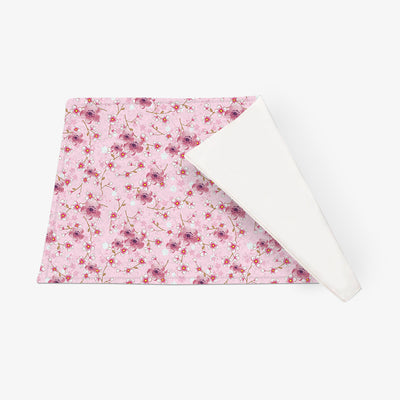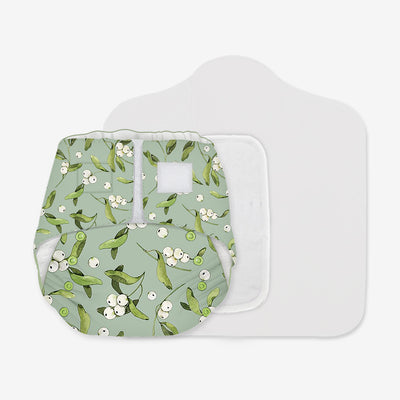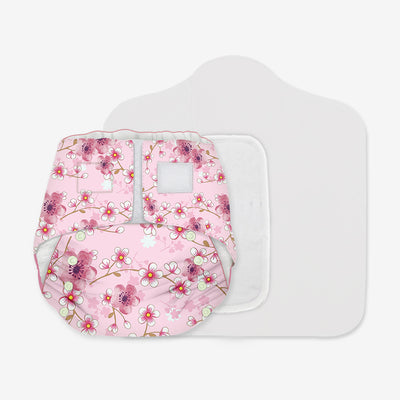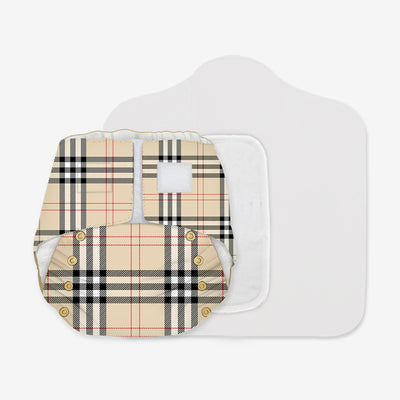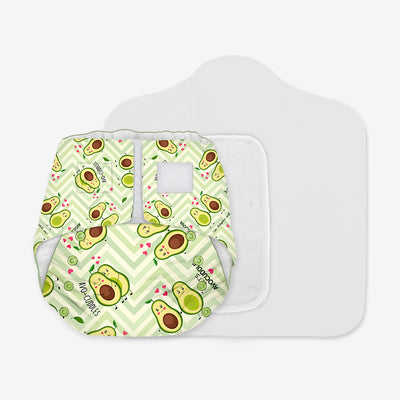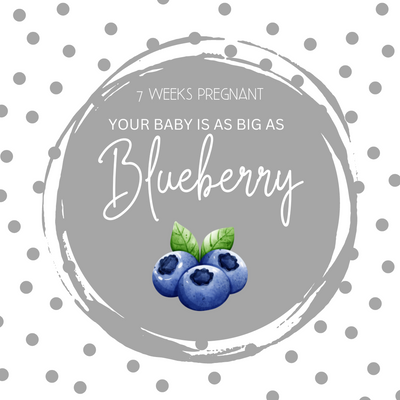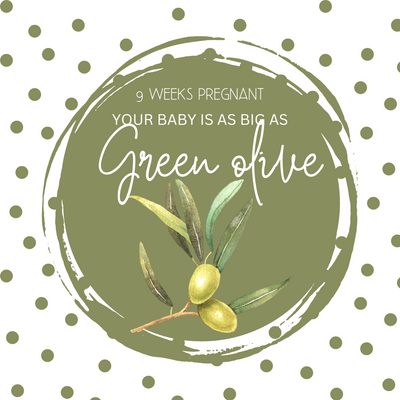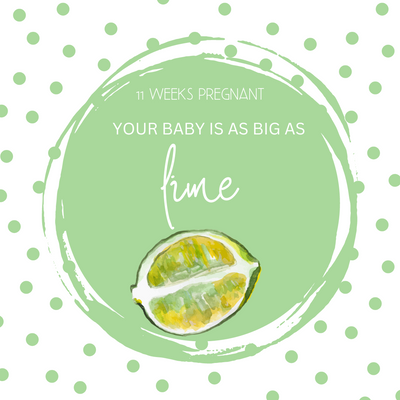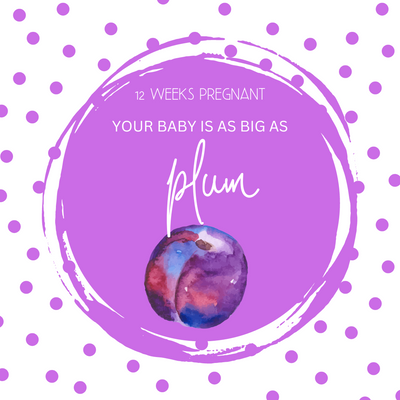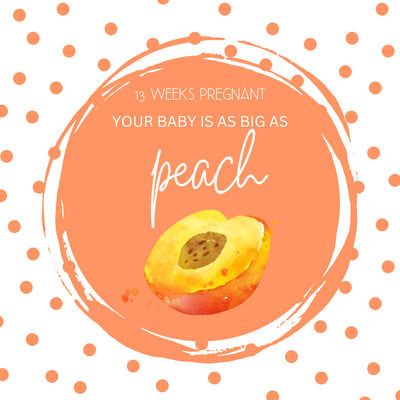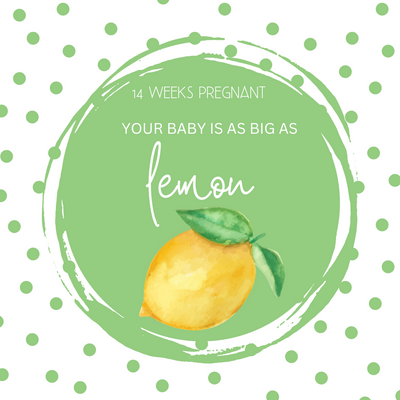18 Weeks Pregnant-Milestone Moments and Growing Baby Bump

Congratulations, you’re 18 weeks pregnant! This marks a very exciting time in your pregnancy as you're officially entering your second trimester. At this point, your baby is rapidly developing, and you might be starting to feel more noticeable changes in your body. In this article, we’ll cover everything you need to know about being 18 weeks pregnant, from how many months you are to your baby’s development and the changes happening in your body.
How Many Months Is 18 Weeks Pregnant?
When you’re 18 weeks pregnant, you're about four months into your pregnancy. This is because one month of pregnancy equals four weeks, so 18 weeks divided by four equals 4.5 months. Therefore, you're halfway through your second trimester, and your baby is growing at an incredible rate.
18 Weeks Pregnant: Your Symptoms
At 18 weeks pregnant, you may start to notice some common pregnancy symptoms, including:
Increased energy: Many women feel a boost of energy during the second trimester as morning sickness subsides and hormones stabilize.
Swollen feet and ankles: As your baby grows, the pressure on your veins and blood vessels increases, leading to swelling in your feet and ankles.
Heartburn: The growing uterus can push on the stomach, leading to acid reflux and heartburn.
Backaches: As your baby grows, your center of gravity shifts, leading to backaches.
Stretch marks: As your belly expands, your skin stretches, and stretch marks may appear.
18 Weeks Pregnant: Your Baby's Development
Your baby is now the size of a sweet potato, measuring around 5.6 inches and weighing about 6.7 ounces. At this stage, your baby's development is happening rapidly, and they're starting to look more like a newborn. Here's what's happening during week 18:
Hearing: Your baby's ears are fully developed, and they can hear your voice and other sounds.
Movement: Your baby is now strong enough to make some serious movements, like stretching and kicking.
Gender: If you haven't found out your baby's gender yet, you may be able to do so through an ultrasound at this stage.
Vernix: Your baby is starting to produce vernix, a waxy substance that covers their skin and protects it from amniotic fluid.
Bones: Your baby's bones are hardening, and their skeleton is becoming more solid.
How does the belly change at 18 weeks pregnant?
At 18 weeks pregnant, your belly will be more noticeable as your baby grows. You may notice that your belly has a rounded shape, and it's firmer to the touch. You might also notice that your clothes are starting to feel tighter, and you may need to invest in some maternity clothes. It's essential to wear comfortable, supportive clothing during this stage of pregnancy to ensure you're as comfortable as possible.
What can you expect your body to look like at 18 weeks pregnant?
During the second trimester, you may start to notice some changes in your body, including:
Weight gain: By 18 weeks pregnant, you can expect to have gained around five to ten pounds, depending on your pre-pregnancy weight.
Breast changes: Your breasts may continue to grow, and your nipples may darken and become more sensitive.
Linea nigra: You may start to notice a dark line running down the center of your belly, known as the linea nigra.
Varicose veins: As the pressure on your veins increases, you may develop varicose veins in your legs.
Braxton Hicks contractions: You may start to feel Braxton Hicks contractions, which are practice
18 Weeks Pregnant: Things to Consider
Baby's movements: You may start feeling those gentle flutters as your baby becomes more active.
Anatomy scan: This is usually done around this time to check your baby's growth and development.
Weight gain: Your healthcare provider will monitor your weight gain to ensure it's within a healthy range.
Proper nutrition: Focus on a balanced diet, including essential nutrients like iron, calcium, and folic acid.
Maternity clothing: Your baby bump is growing, so consider comfortable and supportive maternity wear.
Prenatal care: Continue attending regular check-ups to ensure the well-being of both you and your baby.
Remember to consult your healthcare provider for personalized advice and guidance throughout your pregnancy.



